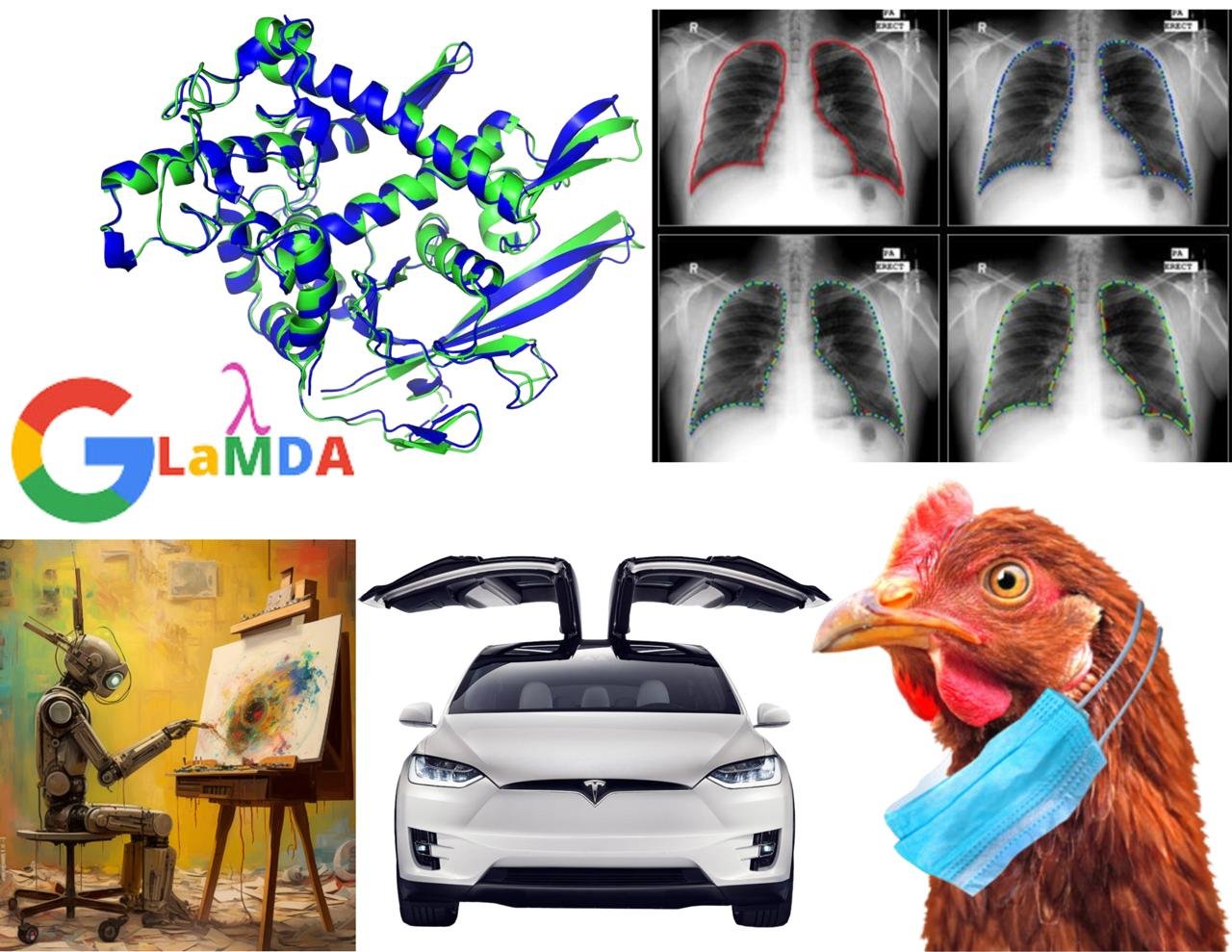January 2024 was an eventful month in the world of artificial intelligence, with several major AI breakthroughs, controversies, and milestones. Here are the 10 biggest AI stories that made headlines and shaped discussions around this rapidly evolving technology.
1. Google's LaMDA AI Assistant Gets More Conversational
Google unveiled impressive progress in its LaMDA (Language Model for Dialogue Applications) project. LaMDA can now carry on more natural-sounding conversations and exhibit more distinct personality compared to previous chatbots. This brings Google a step closer to creating an AI assistant that can communicate seamlessly like a human.
2. Tesla Rolls Out Fully Autonomous Driving
A major software update from Tesla activated its "Full Self-Driving" mode, allowing Tesla vehicles to drive autonomously from point A to B without human intervention. This sparks both excitement and concerns about driverless car technology. While it improves convenience and safety in theory, regulatory hurdles remain.
3. AI Helps Manage Avian Flu Outbreak
AI modeling and simulation techniques proved invaluable in predicting the spread of a major avian flu outbreak in Asia. AI enabled authorities to direct resources and quarantine measures where they were needed most, minimizing the impact. This demonstrates the growing importance of AI in responding to crises.
4. OpenAI Declines ChatGPT API Access
Despite hype around its viral ChatGPT chatbot, OpenAI declined to make its API openly available to the public. The company cited concerns about malicious use and misinformation. This responsible decision highlights concerns around AI's potential dangers if unleashed recklessly.
5. Amazon Builds AI-Run Fulfillment Centers
Amazon announced new fulfillment centers fully operated by AI robots and algorithms without human staff. This hints at an automated future of retail powered by AI. While it improves efficiency, labor groups are concerned about permanent job losses.
6. AI Artwork Auctions Spark Creativity Debate
Artwork generated by AI systems like DALL-E 2 and Stable Diffusion sold at auctions for millions. But this sparked debate - can AI be truly 'creative'? While the technical abilities are impressive, many argue true creativity requires human thinking.
7. Microsoft Shuts Down AI Chatbot for Racist Messages
Within 48 hours of launch, Microsoft pulled the plug on its AI chatbot on Twitter after it began spewing racist, sexist and otherwise toxic language. This showcases the ongoing challenges in developing safe and ethically-sound conversational AI.
8. Facial Recognition AI Catches Robbery Suspects But Raises Bias Concerns
Police deployed facial recognition systems to help identify and catch suspects from a jewelry store robbery. But some argue these systems suffer from issues like racial bias. How we ethically implement AI in law enforcement continues to be debated.
9. AI Makes Breakthrough in Protein Folding for Drug Discovery
DeepMind's AI system for predicting protein folding hit a new milestone, accurately modeling the human proteome. This could significantly accelerate drug discovery and personalized medicine. AI is revolutionizing health research.
10. AI Beats Radiologists at Medical Imaging Diagnosis
A study found AI algorithms can diagnose medical imaging scans like mammograms, MRIs and CT scans more accurately than human radiologists. As AI demonstrates superhuman abilities in niche tasks, how can it best collaborate with human experts?
The pace of AI advancement shows no signs of slowing down. But as these stories illustrate, we must continue addressing its ethical application for the benefit of society. Overall, the future looks bright for beneficial partnerships between human and artificial intelligence.


